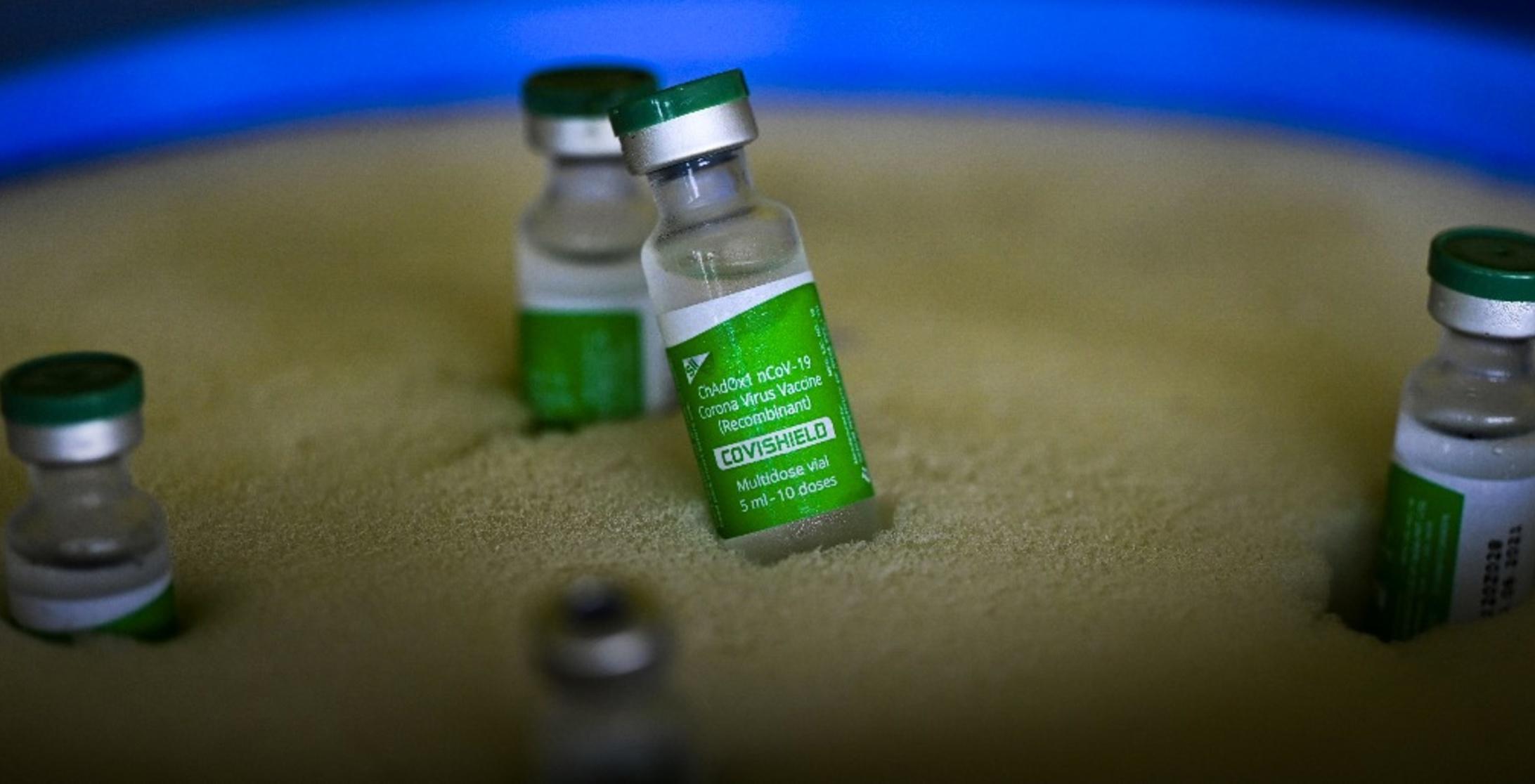COVID19
India defends decision to increase window between Covishield doses
The government of India has defended its decision to increase the window between Covishield doses, saying it was based on science. This comes a day after the United Kingdom reduced the gap between two AstraZeneca vaccine doses between 12 to 18 weeks.
Dr VK Paul, NITI Aayog member, said the decision to increase the gap between doses was not expedience. “It is a scientific decision. Science is evolving. SARS-CoV-2 science is one year six months old. We are continuously learning. Please accept this decision.”
On Thursday, following a recommendation from the National Technical Advisory Group on Immunisation, the Centre increased the gap between two Covishield doses from 6-8 weeks to 12-16 weeks. The Ministry of Health and Family Welfare had said the decision was taken after considering data from UK which had introduced a gap of 12 weeks between two AstraZeneca doses.
However, what seems as a huge contradiction, the UK reduced the gap from 12 to 8 weeks on Friday. It cited the spread of B.1.617 variant of the virus that originated in India. Questions are being raised on whether the Indian government had based its decision on scientific data or is trying to address vaccine shortage by delaying doses.
Dr Paul pointed out that the UK had taken decisions based on their situation, mutant, pandemic. “We have taken it as per our risk epidemiology. We are driven by science. It is a dynami even a single dose is 60-85% effective process. We will keep any eye…we will find out the basis of their decision,” he said. “Saying that the decision was taken under some kind of pressure trivializes the matter. Our scientific institutions comprise independent scientists. National Technical Advisory Group on Immunisation (NTAGI) is a standing committee that guided the country in the past – on rotavirus and several other immunization programmes. Scientists of this panel deliberate and then come to a consensus.”
Also Read: Everyone lowered their guard after first COVID-19 wave: RSS Chief
The government said the expert group’s assessment is that even a single dose is 60-85% effective in disease prevention – collectively for mild, moderate and severe, and inhibits transmissibility.











































Pingback: British oil and gas exploration company Cairn Energy in a tax dispute case with India has dragged in Air India to enforce a $1.2 billion arbitration award.